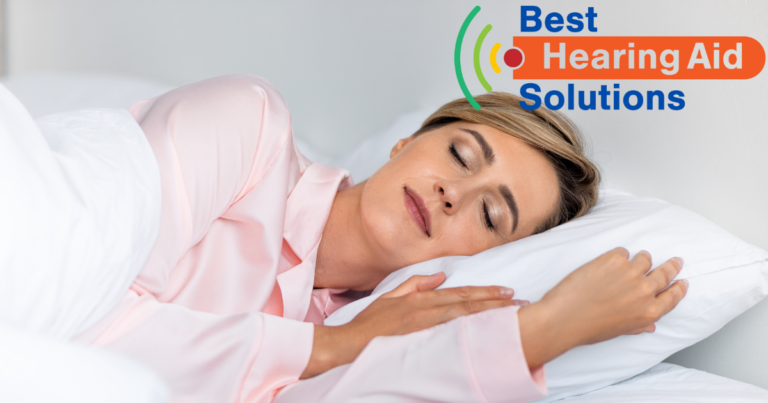Hearing health, a crucial component of overall wellness, plays a significant role in our communication and balance. Age-related hearing impairment, a common issue among seniors over 60, often escalates into more severe disorders like Tinnitus and even deafness. This article aims to shed light on an often overlooked aspect of hearing health – the link between sleep and hearing – that has largely been under-researched but holds critical importance.
The Prevailing Problem: Hearing Health in the Elderly
As people age, they often confront a host of hearing issues ranging from mild hearing loss to serious conditions like presbycusis and Tinnitus. These auditory problems can negatively impact their everyday lives, making social interactions and even simple tasks a challenge. Addressing hearing health is of utmost importance, not only to improve quality of life but also to potentially extend one’s lifespan.
The Underappreciated Culprit: The Role of Sleep
Sleep serves as one of nature’s best restoratives, especially for the aging population. A good sleep cycle allows the recovery and rejuvenation the body needs, acting as a protective barrier against degeneration including hearing loss. Recent research suggests a potential link between inadequate sleep and auditory problems, emphasizing the significance of quality sleep for optimum hearing health.
Sleep And Hearing: The Direct Link
In recent years, a handful of studies have highlighted how disrupted sleep can directly impact hearing health. Poor sleep reinforces specific physiological responses that could exacerbate hearing issues in seniors. Consequently, nurturing a good sleep routine isn’t just beneficial for overall wellbeing, but also invaluable in safeguarding against detrimental hearing loss.
Take Control: Sleep Improvement Tips
Improving sleep hygiene could vastly influence one’s hearing health. Simple practices such as maintaining a consistent sleep schedule, creating an ideal sleep environment, and avoiding stimulants before bedtime can significantly influence sleep quality, consequently promoting improved hearing health.
In summary, sleep inevitably influences hearing health. Acknowledging this overlooked connection can lead to an improved quality of life for seniors. Thank you for spending time with us exploring this topic. If you’re dealing with chronic sleep or hearing concerns, don’t hesitate to reach out to professionals. We encourage you to consult with our experts at Best Hearing Aid Solutions and take the first step towards better hearing health.



